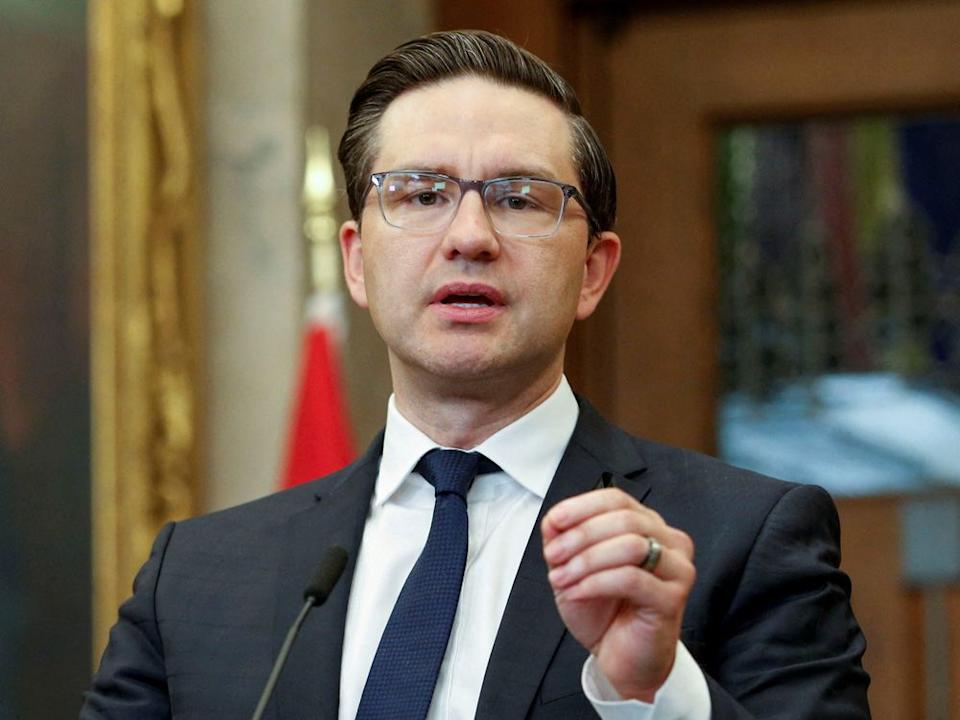German Coalition Talks: Deal Expected Around Midday

Table of Contents
The long-awaited German coalition talks are expected to conclude around midday, marking a pivotal moment in German politics. After weeks of intense negotiations between the Social Democratic Party (SPD), the Green Party (Bündnis 90/Die Grünen), and the Free Democratic Party (FDP), a potential agreement is finally on the horizon. This article will delve into the key issues debated during these crucial talks, analyze the anticipated outcomes, and assess their significance for Germany's future trajectory. We will examine the potential impact on the German economy, climate policy, social welfare programs, and Germany's role on the world stage.
Key Issues Negotiated During the German Coalition Talks
The negotiations have been complex, with the three parties holding differing views on several key policy areas. Reaching a consensus has required compromise and careful consideration of each party's core values and political priorities. Here are some of the most crucial issues addressed:
Climate Policy
Germany's commitment to climate action has been a central theme throughout the talks. The parties have debated ambitious climate targets and the pathways to achieve carbon neutrality by 2045. Key areas of discussion include:
- Accelerated Renewable Energy Transition: Significant investment in renewable energy sources like solar and wind power is anticipated, aiming to rapidly phase out fossil fuels.
- Coal Phase-Out Acceleration: While a coal phase-out is already planned, the talks focused on accelerating this process and potentially setting earlier deadlines.
- Sustainable Transportation: The coalition is expected to agree on measures promoting sustainable transportation, including investments in public transport, e-mobility, and cycling infrastructure.
- Carbon Pricing Mechanisms: Discussions centered on the design and implementation of effective carbon pricing mechanisms, balancing environmental goals with potential economic impacts on businesses and consumers. The debate included the potential for a national carbon tax or the expansion of the existing emissions trading scheme.
Economic Policy
Balancing economic growth with social justice has been another major point of contention. The talks have involved extensive discussions on:
- Tax Policy: Potential adjustments to tax policies, including debates about potential tax increases for higher earners to fund social programs or tax cuts to stimulate economic growth.
- Infrastructure Investment: Significant investments in infrastructure modernization, particularly in digital infrastructure, are expected to boost economic competitiveness.
- Minimum Wage and Social Welfare Reforms: The parties negotiated potential increases to the minimum wage and reforms to social welfare programs to address income inequality and ensure social security.
- European Union Integration: Germany's role within the European Union and its economic policies within the EU framework were also crucial discussion points.
Social Policy
Social policy reforms have been central to the coalition talks, with discussions focusing on:
- Healthcare System Reform: Potential improvements to the German healthcare system, including discussions about increased funding and reforms to ensure its long-term sustainability.
- Childcare and Education: Investments in childcare and education are expected, with a focus on improving access and quality, particularly for families and children from disadvantaged backgrounds.
- Immigration and Integration: The parties have debated immigration and integration policies, including potential adjustments to asylum laws and integration programs.
- Affordable Housing: Measures to address the shortage of affordable housing, including potential government support for social housing projects and initiatives to regulate rental prices.
Anticipated Outcomes of the German Coalition Agreement
The anticipated coalition agreement will encompass a broad range of policy commitments across different sectors. Key anticipated outcomes include:
Potential Coalition Government Structure
The allocation of ministerial portfolios will reflect the power-sharing agreement among the three parties. Specific ministerial roles and responsibilities will be crucial in determining the implementation of the agreed policies.
Key Policy Commitments
The final agreement is likely to include concrete commitments regarding climate protection targets, economic stimulus measures, and social welfare reforms. The level of ambition in these commitments will be a key indicator of the coalition's overall effectiveness.
Timeline for Implementation
The agreement will likely set a timeline for the implementation of its various policy initiatives. This timeline will influence the pace of reforms and their impact on the German society and economy.
Challenges Ahead
Implementing the coalition's program will undoubtedly face challenges. Balancing the diverse policy priorities of the three parties and navigating potential opposition from other political forces will require effective political leadership and compromise.
Impact on Germany’s International Role
The new government's policies will have implications for Germany's role within the European Union and its influence on the global stage. Germany's stance on key issues like climate change, trade, and security will be significantly shaped by the coalition agreement.
Impact of the German Coalition Talks on Investors and Markets
The outcome of the German coalition talks will have a significant impact on investor sentiment and market reactions.
- Market Reactions: A stable and predictable coalition agreement is likely to boost investor confidence, potentially leading to positive market reactions. Uncertainty, on the other hand, could negatively affect market sentiment.
- DAX Performance: The German stock market index (DAX) is expected to react to the final agreement, reflecting investor confidence in the new government's economic policies.
- Investor Confidence and Foreign Investment: A clear and comprehensive coalition agreement will likely attract foreign investment, boosting economic growth and creating jobs.
- Economic Forecasts: Post-coalition deal economic forecasts will be revised based on the specific policy commitments and the anticipated impact on various sectors of the economy.
- Long-Term Implications for Business: The long-term implications for businesses and industries will depend on the specific policy measures implemented by the new government, including regulations, taxes, and investment policies.
Conclusion
The German coalition talks, expected to conclude around midday, will shape Germany's political landscape and policy directions for years to come. The anticipated agreement will address crucial issues, such as climate action, economic policy, and social welfare. While significant challenges remain in implementing the agreed policies, the outcome will have a profound impact on Germany's domestic and international roles. Stay tuned for further updates on the German coalition talks and the formation of the new government. For ongoing analysis and detailed coverage, bookmark our website and follow us on social media for the latest news on the German coalition agreement. We will provide continuous updates on the German coalition deal.

Featured Posts
-
 Poilievre Loses Implications For Canadas Conservative Party
Apr 30, 2025
Poilievre Loses Implications For Canadas Conservative Party
Apr 30, 2025 -
 Skolmassakern Hur Helena Och Iva Oeverlevde
Apr 30, 2025
Skolmassakern Hur Helena Och Iva Oeverlevde
Apr 30, 2025 -
 Khai Mac Giai Bong Da Thanh Nien Thanh Pho Hue Nhung Diem Noi Bat
Apr 30, 2025
Khai Mac Giai Bong Da Thanh Nien Thanh Pho Hue Nhung Diem Noi Bat
Apr 30, 2025 -
 Crooks Office365 Hacking Spree Millions Stolen From Executive Inboxes
Apr 30, 2025
Crooks Office365 Hacking Spree Millions Stolen From Executive Inboxes
Apr 30, 2025 -
 20 Jump In Airbnb Domestic Searches Canadians Opt For Local Travel
Apr 30, 2025
20 Jump In Airbnb Domestic Searches Canadians Opt For Local Travel
Apr 30, 2025
Latest Posts
-
 Understanding The Dragons Investment Criteria A Comprehensive Guide
May 01, 2025
Understanding The Dragons Investment Criteria A Comprehensive Guide
May 01, 2025 -
 The Dragons Den Effect How The Show Impacts Business And Entrepreneurship
May 01, 2025
The Dragons Den Effect How The Show Impacts Business And Entrepreneurship
May 01, 2025 -
 Analyzing Dragons Den Pitches A Framework For Success
May 01, 2025
Analyzing Dragons Den Pitches A Framework For Success
May 01, 2025 -
 The Target Boycott A Reflection On Corporate Social Responsibility And Consumer Activism
May 01, 2025
The Target Boycott A Reflection On Corporate Social Responsibility And Consumer Activism
May 01, 2025 -
 Legal Battle Filmmakers Claim Channel 4 Documentary Copies Their Work
May 01, 2025
Legal Battle Filmmakers Claim Channel 4 Documentary Copies Their Work
May 01, 2025
